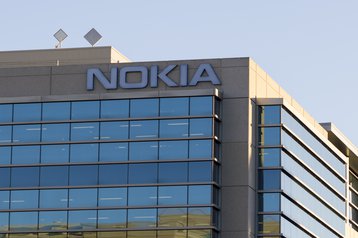Nokia has said that AT&T's decision to award a lucrative Open RAN contract to rival Ericsson will make a dent in its revenues.
In a statement acknowledging the contract, Nokia said that it expects revenue from AT&T in mobile networks to decrease over the next two to three years.
The US operator accounted for five to eight percent of its mobile networks' net sales year-to-date in 2023, Nokia revealed.
Ericsson's five-year deal to build AT&T's Open RAN network is worth $14 billion.
By the start of 2025, AT&T said it will expand its Open RAN rollout with multiple suppliers including Corning Incorporated, Dell Technologies, Ericsson, Fujitsu, and Intel.
Following the announcement earlier this week, Ericsson's shares jumped by nine percent, while Nokia's dropped by nine percent.
Open RAN promotes a new breed of telecoms kit that allows providers to ‘mix and match’ solutions from multiple vendors, which is impossible with proprietary network equipment.
Nokia said it has made significant progress with its 5G Open RAN market share, reaching 29 percent in Q3, excluding China.
The company was selected by Japan's NTT Docomo for its 5G Open RAN network earlier this year.
“Whilst the news from AT&T is disappointing, our Mobile Networks business has made significant progress in recent years, increasing our RAN market share and technology leadership," said Pekka Lundmark, president and CEO of Nokia.
"I firmly believe we have the right strategy to create value for our shareholders into the future with opportunities to gain share, diversify our business, and improve our profitability. Mobile Networks are critical to our global connected future and as I have said before the cloud computing and AI revolutions will not materialize without significant investments in networks that have vastly improved capabilities."
In the company's lengthy statement, Nokia said it remains a key partner for AT&T within both its network infrastructure and cloud and network services businesses.
Nokia has previously suffered a setback in 2020, when it lostt out to Samsung Electronics for Verizon's 5G contract, worth $6.64 billion.







